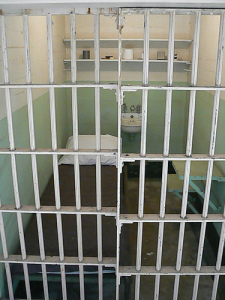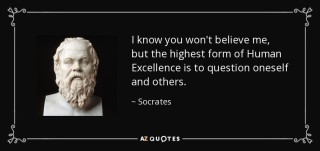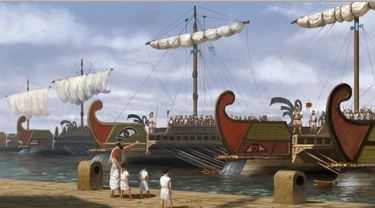
How are you going to keep them down in the dirt after they’ve seen life among the free?
Imagine this: You are the High Priest of a nomadic tribe following a herd of foraging sheep. When the tribe needs food, a beast is slain and the meat is shared equally. The political structure is hierarchical, but even the Chieftain is governed by the unchanging traditions of the tribe.
One year the herd wanders toward the seacoast. You encamp a short walk away from a trading post built by a sea-faring civilization.
For the first time in their lives, your tribesmen discover a way of life different from their own. The traders live indoors, sleeping on beds! Their diet consists of more than meat and foraged nuts. They eat grain, fruit and fish, flavoring their water with delectable nectars.
Wealth is not shared. Villagers trade with each other to get what they need — and each family owns its own land! Disputes are resolved by reasoned conciliation, not by fiat. Even so, each family seems to own more weapons than your whole tribe combined.
Anyone can introduce a new tool, technique or idea at any time — upending the whole civilization if it comes to that — and not only is this not forbidden, it is avidly sought!
This is horrifying to you as High Priest, but your horror is nothing compared to the apoplexy of the Chieftain. As he watches tribesmen disappearing into the village one by one, never to return, he turns to you for a solution.
Now you understand the story of Cain and Abel.
Cain, the trader, made a sacrifice of grain, Abel of meat, and the meat — the wealth of the herders — was pleasing to the god of the tribe. Why does Cain slay Abel in the story? To scare the tribesmen back into the herd.
The Greeks found a better way to live, spreading it with capitalistic abandon. Those who abhorred the Greek way of life crafted their mythologies to portray Hellenism as evil.
Would you like to change the world, forever, for the good, one mind at a time? (more…)


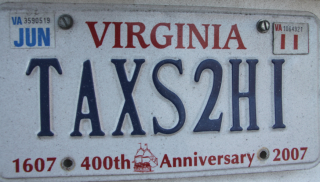
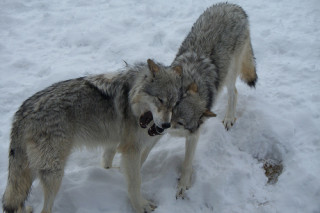
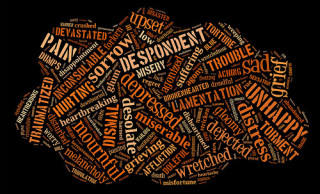
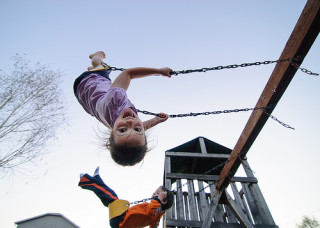

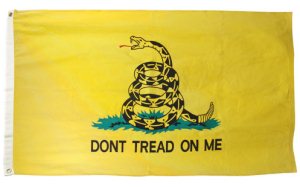 A Facebook friend asked some questions about my political philosophy, and I am echoing my answers here for posterity.
A Facebook friend asked some questions about my political philosophy, and I am echoing my answers here for posterity. 